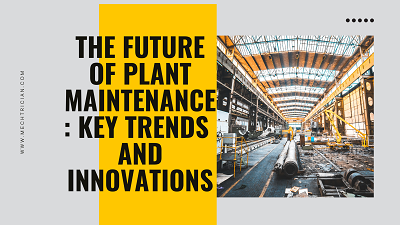Comprehensive Guide to Deburring Tools: Enhancing Precision and Safety
Discover deburring tools for flawless finishes in manufacturing. From manual files to rotary machines, find precision and efficiency. In the realm of manufacturing and craftsmanship, achieving smooth and flawless finishes is a hallmark of quality. A crucial step in achieving these finishes is deburring, a process that removes burrs, sharp edges, and imperfections left behind … Read more

